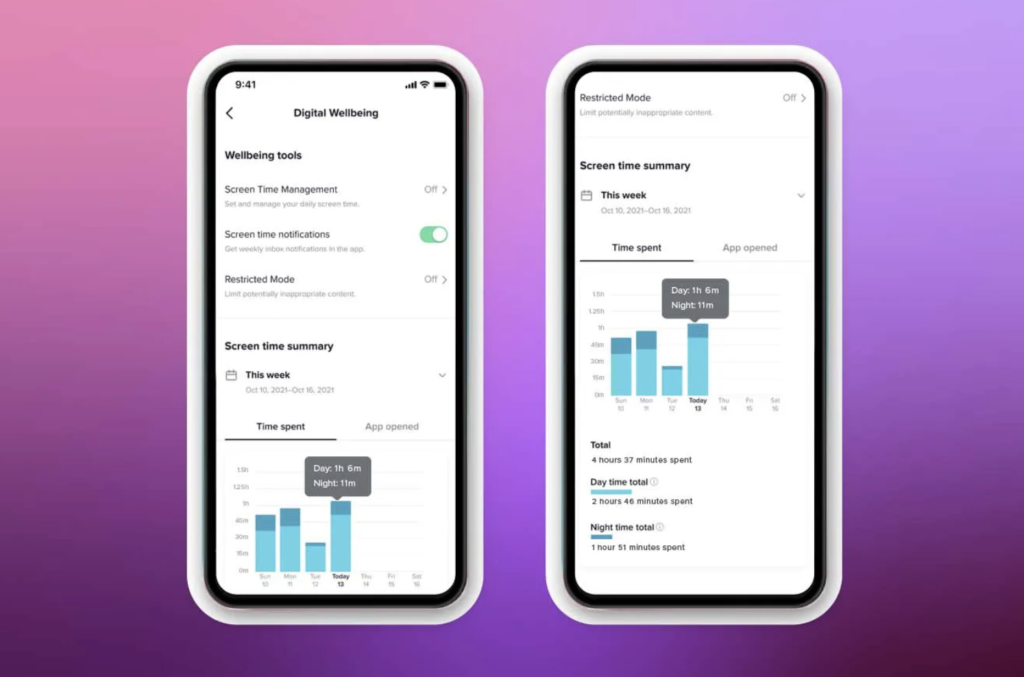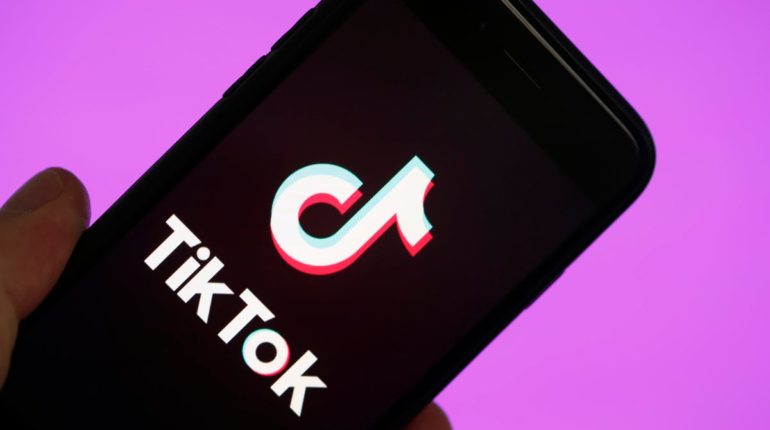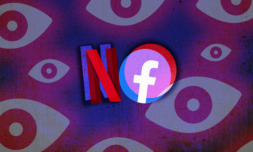Self-regulating our social media consumption has proved to be difficult. Now, app designers are incorporating time-sensitive features to prevent us from getting lost in endless scrolling loops.
Tapping into social media has become as ingrained into our daily habits as checking text messages, e-mails, and news notifications.
But unlike apps used for practical reasons like talking to friends and getting work done, the black hole of inifite content available on social media can result in spending significant amounts of time online unintentionally.
TikTok has arguably surpassed Instagram with its ability to pull users in for hours, with its screen hugging design and infinite scroll capability. Though it may not be the desired goal, it’s easy to dive in and before you know it, a couple of hours have flown by.
The good news is, TikTok has just introduced another feature to help you monitor scrolling habits. Users can now set a pop-up reminder to appear once their desired amount of time spent in-app has been reached for the day.





















